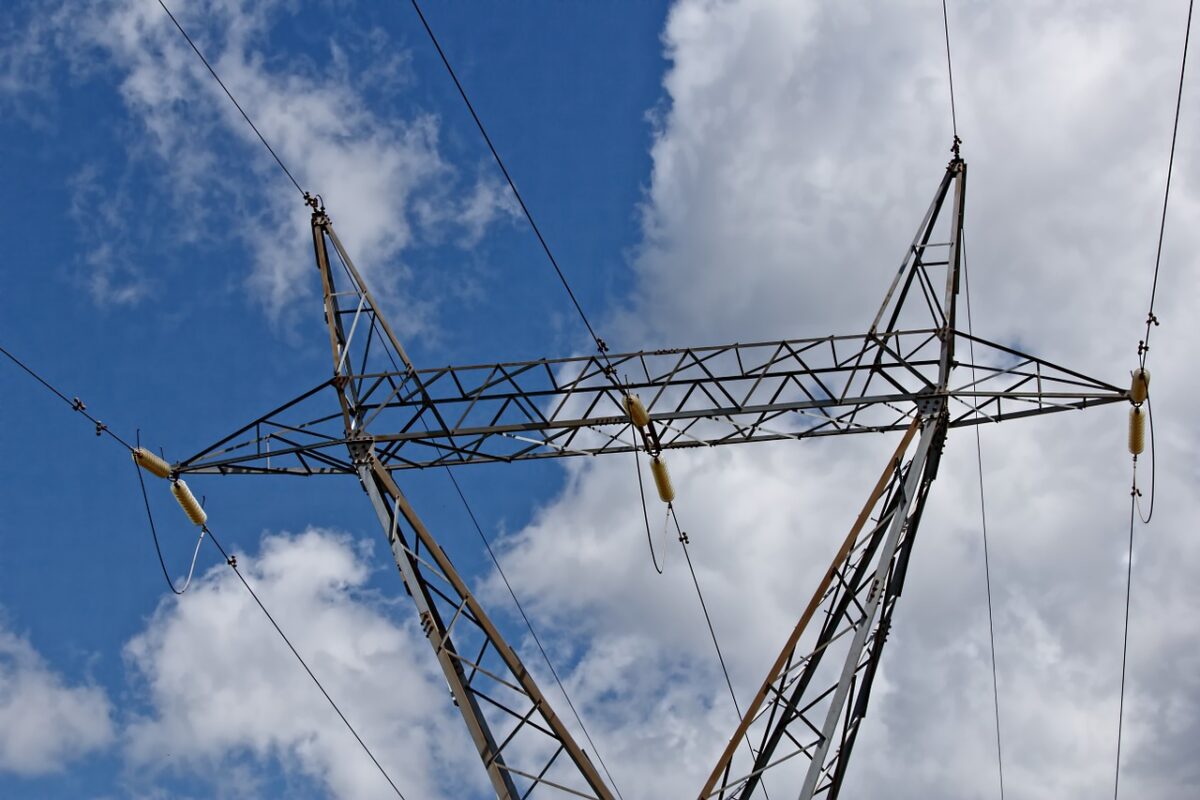Eskom’s inability to provide a regular supply of electricity to consumers makes the entity’s demand for a 20.5% tariff increase not only outrageous but also out of touch with the rising, cost of living for the average South African consumer. It has enormous impacts, not just on consumer costs, but on every aspect of life and business, and will have knock-on effects on producer price inflation.
We therefore reiterate our call for the National Energy Regulatory Authority of South Africa (NERSA) to reject Eskom’s 20.5% tariff request.
Evidence from independent energy experts confirms that Eskom’s week-on-week Energy Availability Factor (EAF) for the 2021 calendar year dropped to 61.75% in 2021 from 64.79% in 2020. EAF is the average amount of Eskom’s power generation that is available, relative to its installed capacity.
In fact, data compiled by the Council for Scientific and Industrial Research (CSIR) concluded that 2021 was the worst year on record on loadshedding. 1 136 hours of outages were recorded, up 37% from the 859 hours recorded in 2020. This means that the amount of energy shed was 2 455 GWh, up from 1 798 GWh in 2020.
It is simply bad business practice for Eskom to demand that consumers pay 20% more for a product which they don’t have much of the time – primarily because of Eskom’s incompetence and dysfunctionality. South Africans should not be asked to continue subsidising Eskom’s failing energy monopoly, including the continued stonewalling by Gwede Mantashe to open up the sector to Independent Power Producers (IPPs).
Instead of owning up to its failure to provide a regular supply of electricity, Eskom is now dishonestly shifting the blame on rising costs to IPPs. Eskom needs to explain how IPPs are responsible for the 20.5% tariff increase that they are requesting from NERSA, when results from bid window 5 showed that IPPs are able to generate electricity at less than half of what it costs Eskom.
Shifting the blame to IPPs will not change the fact that Eskom is woefully unable to maintain and grow generation capacity. South Africans are now carrying the cost of this unending energy crisis, from lack of investment in the economy, job losses and rising inflation. The 20.5% tariff increase request is unconscionable and must be rejected.

